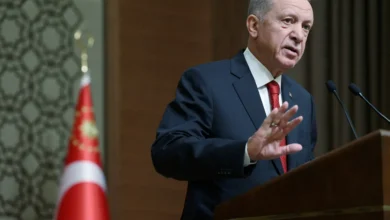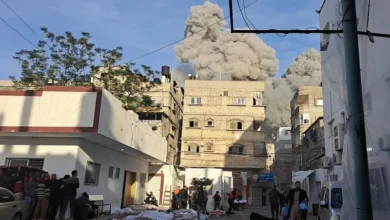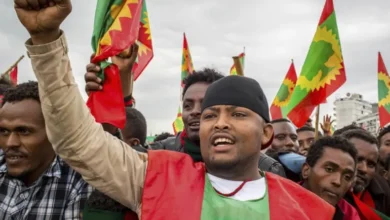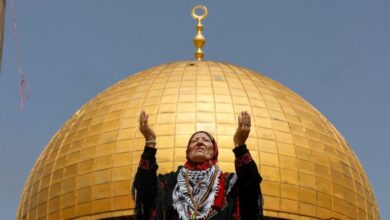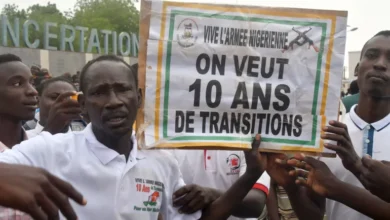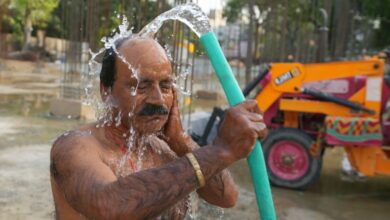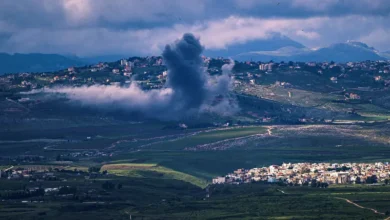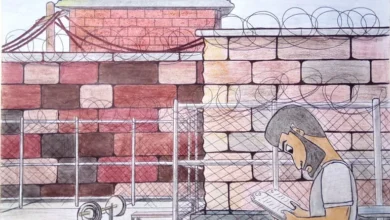Remembering Yosep, the tech ‘genius’ whose last message was ‘I love you’
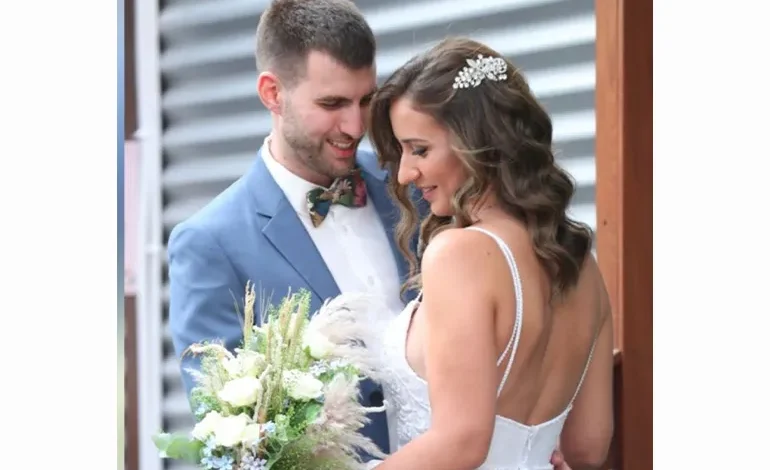
In Hadas Genis’s favourite memory of Yosep, her brother was only seven years old. She was 14 and struggling with a high-school assignment from her computer class: building a basic webpage using HTML code.
“I don’t know anything about computers. I am not into technology,” she says. “I spent weeks procrastinating over the assignment, trying to figure out what to do, when Sefi – that’s what we used to call him, short for Joseph – said ‘I can do it for you. I can write code.’
“‘Shut up,’ I told him. ‘What do you know? You’re only in the second grade.’ But my mum told me to give him a chance. When he was three years old, Sefi dismantled a computer and studied the parts to figure out how they work, before putting them back together. It’s crazy to think a three-year-old can do that. But that was Sefi. He was a genius with computers.”
Yosef spent an entire weekend on his sister’s homework before showing her the result. “He actually did it,” Hadas recalls. “He built the webpage. But when he showed me the code, I saw it was full of spelling mistakes. He knew how to write code but he still didn’t really know how to write Hebrew! The story still makes me laugh.”
At 27, Josef co-founded Firefly, a cloud asset management solution. The tech startup was a success from day one and today has more than 30 staff members. Josef had recently married, and he loved going to dance festivals, attending two or three a year with his best friend Gal Navon.
At 5am on the morning of October 7, the two set out from their homes near Tel Aviv for the Supernova music festival near Gaza. “They planned to stay at the party until the early afternoon, just to dance and be happy for a few hours before returning home to celebrate Shabbat [the sabbath] with their wives,” Hadas says.
Moments after they reached the parking area, a Hamas missile scored a direct hit on their car. The two men were injured and bleeding but managed to get out and hide in one of the dozens of bomb shelters surrounding the festival grounds. The final moments of their lives are documented by a series of phone calls and text messages sent to their families and work colleagues.
“Sefi wrote to his wife. He told her not to worry, we’re in a safe place,” Hadas says. “I called his business partner; he had also spoken to my brother. He was crying.”
Over the next four or five minutes, Sefi and Gal, along with two women they did not know, cowered in the shelter listening to Hamas rockets exploding outside. At first, they thought it was just another of the Hamas rocket attacks that have struck Israeli communities around the Gaza Strip since Israel withdrew from the territory in 2005. But then they heard something else: gunfire and people screaming in absolute terror. With every passing minute, those sounds grew louder.
“He wrote, ‘They are closer to us now! Call the police! They will shoot us. They will kill us!’” Hadas explains.
Videos taken by Hamas and posted on social media show what happened next. As they reached the bomb shelters, they lobbed in hand grenades.
“This happened in all the shelters,” Hadas says. “I spoke with one of the only survivors who was in a shelter with 20 or 30 people. The terrorists threw two grenades inside that shelter and then afterwards one of the terrorists went inside and started shooting to make sure all the people were dead. The only reason this man survived is because he was covered with the dead bodies and severed limbs of other festival-goers. They absorbed the bullets meant for him.”
There were no survivors in the shelter where Sefi’s body was found. His final message was to his wife: “I love you,” with a heart emoji.
